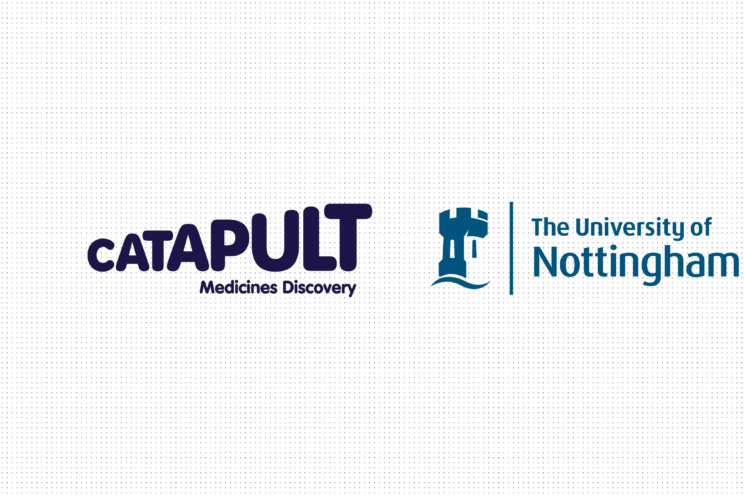
The research project is one of 22 Mission Award projects given £30 million by UK Research and Innovation (UKRI). The awards aim to create an expansion of engineering biology disciplines and communities, building on existing UK strengths and emerging opportunities.
The University of Nottingham’s researchers are aiming to develop a new targeted drug delivery system based on the human protein Apoferritin. The natural role of this self-assembling protein ‘nanocage’ (a cage-like structure) is to store and transport iron in a safe form inside the body as ‘ferritin’. The hollow structure of the protein nanocages, once the iron has been removed, provides a cavity to accommodate drug molecules, allowing them to be delivered directly to the cancer cells via specific surface receptors in the version engineered in the labs at the University of Nottingham.
MDC will be providing pre-clinical imaging expertise in order to facilitate the progress of Apoferritin along the drug discovery pipeline.
Neil Thomas, Professor of Medicinal and Biological Chemistry and Deputy Director of the Biodiscovery Institute, is leading the research and explains:
“Protein nanocages hold enormous promise for providing targeted ‘trojan horse’ drug treatments with reduced side effects and we are delighted to be able to accelerate this work with the Mission funding. The Apoferritin nanocages can also deliver drugs that are poorly soluble, and we hope to build on our previous work that has shown that some drugs, such as the brain cancer treatment temozolomide, when encapsulated in the apoferritin cages, can re-sensitise cancer cells to this drug that they have become resistant to. This may extend the effective treatment period of these drugs.”
Dr Martin Main, Chief Scientific Officer, Medicines Discovery Catapult, said:
“We are looking forward to working with the University of Nottingham to provide our multi-disciplinary pre-clinical expertise on this project, which builds on a previous successful partnership between our labs. Exploring innovative approaches to drug discovery is vital for the success of our sector, and it is made possible through collaborations like this.”